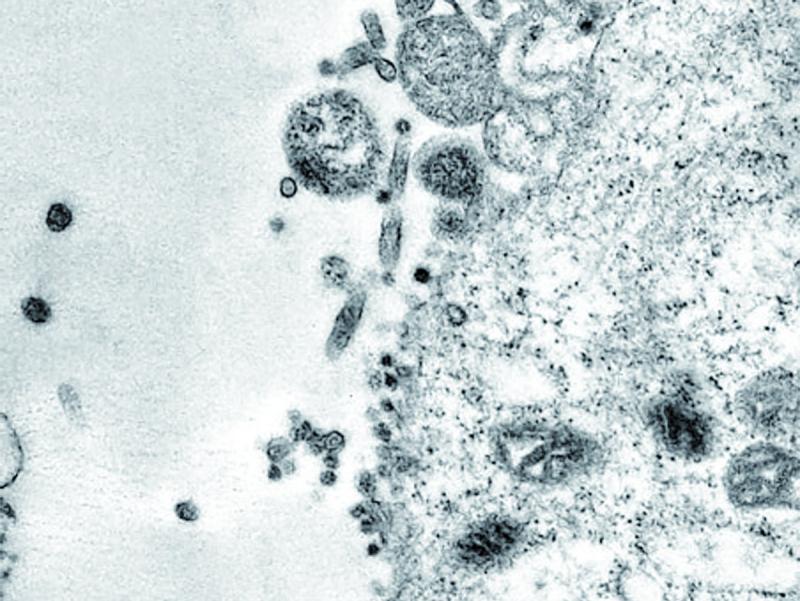What might we find at the end of the tunnel?
Someone recently said to me: “It’s like waking up from a nightmare and realising the nightmare is continuing. And you still feel the same anguish.” And someone else: “I have a strange feeling of it all being unreal, of living a movie, but without being able to read the credits. No matter how much they talk, I still don’t have words to understand what’s going on.” These are two very paradigmatic testimonies of the experience we are having on a global scale these days. Anxiety and a sense of unreality are the two effects we feel most in an experience that is radically new to us but at the same time has something weirdly familiar about it. This is what Freud described as the Unheimlich, having the strangest sensation about what we know best. And then we don’t have the words to say what is so real and yet we find completely unreal, as if taken from a dystopian novel, and a rather bad one at that. And we all have the image of this tunnel, and how we’re going get out of it and what we’ll find at the other end.
First thought. When you hear an expert epidemiologist say, “This epidemic is not the big one,” you begin to think that this may not be a tunnel, but the universe we will have to live in from now on. Better to know and not be mesmerised by the siren calls in the name of progress. On this it seems that everyone agrees – nothing will ever be the same again.
Second thought. For the first time, the whole of Humanity – capitalised – recognises itself as a single subject in the face of a real fact, a danger that it does not know how to defend itself against if not on a global scale. In fact, it should already have known with the climate crisis. This real fact is not only coronavirus but also all the consequences of an epidemic brought about by a social and political crisis and the way we live. It is an unprecedented event that gives us the unique opportunity to change many things. This Humanity, as a single subject, realises it must now make a collective decision to escape, that there are no individual exits. And it even rightly wonders whether it is not the epidemic itself, facing a law of nature it can make no deal with. As a man from the countryside used to say, “whatever you take from nature, she claims back later in spades.”
Bad news and good news.
The bad. What might be waiting for us at the end of the tunnel is China: social control in the service of authoritarianism. Very efficient, yes, they are already selling us the masks we need like the air we breathe. And it will stay like that while we remain willingly subservient. In fact, before we entered the epidemic tunnel, we already had the experience.
The good. We can choose. If that is what we are to find at the end of the tunnel, it may be better to spend some time inventing something else before we leave. We can do it. And always with the freedom of the word. Without the word, the subject of desire can never exist or persist. With the word, always with the word, “the safest way to move the body,” as someone else once said.


